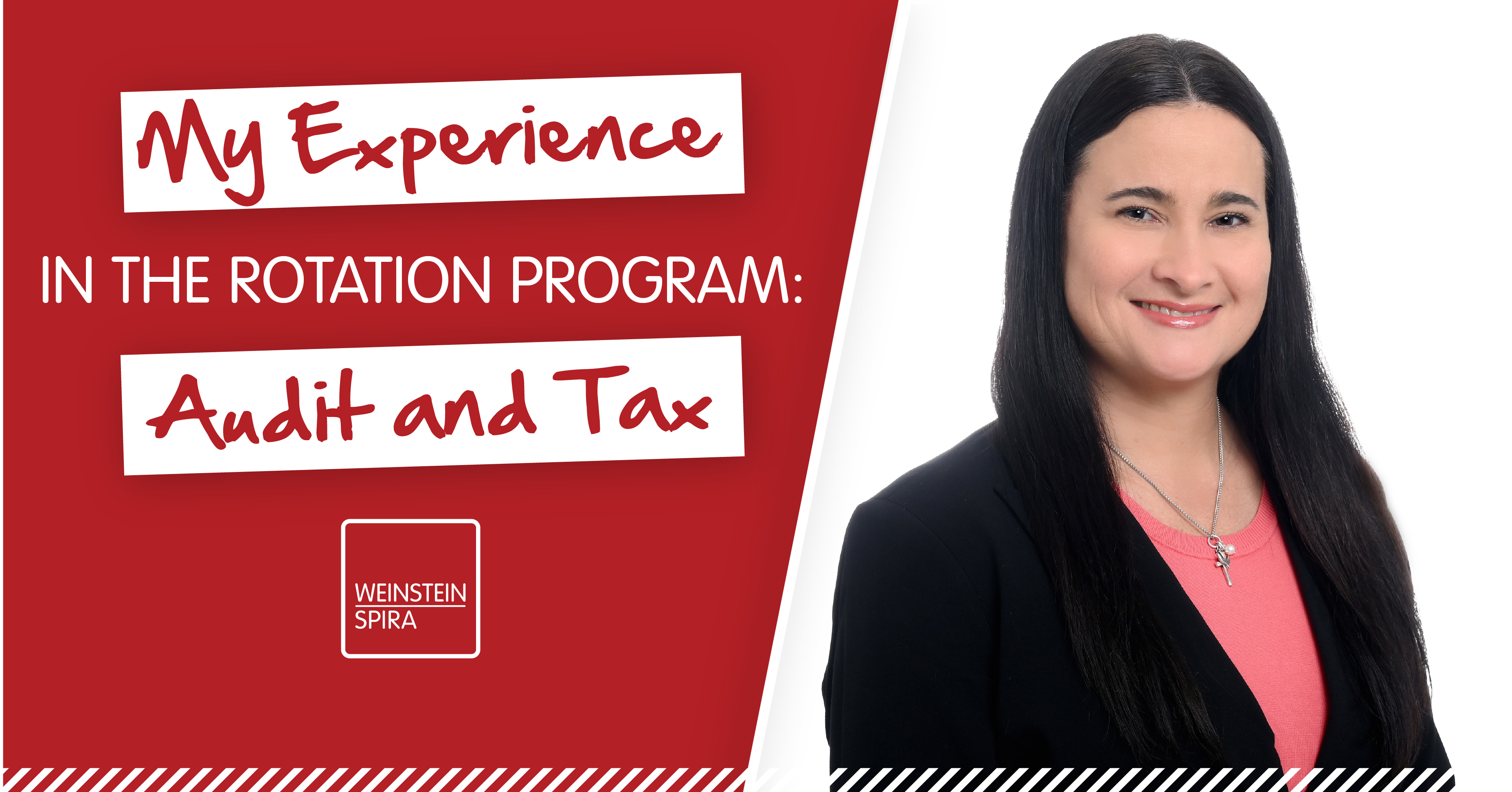In estate planning and the transfer of wealth, there are various financial tools to help the next generation “test the waters” of sound money management, including trusts and partnerships.
At some point, however, the heirs take over and the risk of errors may increase. Responsible heirs know two simple, but critical, rules of fiscal stewardship: quantify what you really have to live on and qualify what a rewarding or comfortable lifestyle means to you.
It sounds simple in theory but is not often accomplished in isolation. Heirs will vary in their knowledge, interest and preparation to understand the responsibilities and pitfalls of wealth. As any patriarch or family business manager will admit confidentially, some family members are ready and others have a long way to go.
A 2014 survey by Merrill Lynch found that 70 percent of respondents with $5 million or more in investable assets wanted their money to last beyond their lifetime, but only 16 percent of those respondents correctly pegged the percentage they could actually live on for sustainable wealth (most overestimated). Two common mistakes included overgiving without accountability and confusing wealth discussions with simply talking about dollar amounts.
Dealing with real dollars and cents is important. However, it requires context. What is the quantifiable dollar figure that leads each heir to believe he or she can live a quality and comfortable life? Another point of context: What is considered “fair” in terms of dollars, but also family harmony for family members who work in the family business and those who don’t?
Consider this scenario of a family that needed to apply the quantify and qualify approach to individual inheritance. Note the situations they faced that had the potential to reduce their wealth as well as questions about fair distribution, wealth management competency and philanthropy.
The Dahlagher Family
The Dahlagher family made their money in farming and built an agricultural products enterprise that includes a feed distribution company. They are in the third generation of the business. Howard is the retired family patriarch. His brother, Arthur (president), and daughter, Jordan (vice president), are actively running the business. Most family members do not work full-time in the business while some have transitioned in and out.
Let’s take a look at three family members and how their individual goals impacted the family business and wealth management.
Carla: The Aspiring Entrepreneur
Carla is a recent college graduate and youngest daughter of Arthur. She wants to run her own business, financed initially by family money. She has worked in the family business off and on, but doesn’t have an interest in it long term.
She doesn’t have access to her trust until she is 35, but would like to open a restaurant and has requested funds from Arthur for the set-up. Carla hasn’t had to worry about money and is used to asking for it when she needs it. She has a business plan and has set her sights on leasing a building in a trendy part of the city. She has also discussed partnering with a chef.
Because Carla’s experience as an entrepreneur is unproven, it is not likely that family members want to put their personal money or the family business at risk. One option is to discuss the possibility of a loan from Carla’s trust. If the business thrives, she can pay the money back and begin to earn an income from the business until her trust matures. If the business fails, she effectively receives a smaller inheritance with low risk to the family wealth.
In the meantime, Carla will discern that she has a finite amount of money that she could lose if the business fails. She will also realize that she is in charge of sustaining and building her own personal wealth for her lifetime. As a young person, she may not consider the long-term impact of risking her wealth, but this request is a perfect opportunity for Arthur to talk with her about her life goals and the variety of ways to build wealth with less risk. What does she believe is “enough” to live on now and later? Arthur can let her know that she will always get family support, but financial support is not guaranteed forever.
Jordan: The Vice President
Jordan is married with one child and has worked in the family business since graduating from college. She also assists with decisions to manage her father Howard’s and Uncle Arthur’s personal finances and investments through a family office. She has a strong interest in preserving the family wealth for the next generation, but she also wants to leave a legacy.
Jordan’s idea of a great life is traveling and supporting environmental and social causes in countries and communities in need, so she anticipates working part-time and hiring a CEO or executive for the business when Arthur retires. She also wants to set up a private foundation, but hasn’t gotten the family to take action.
Many families of wealth are invited and interested in giving back to their communities or supporting certain causes, but sometimes the individual’s interests don’t match family interests. It is okay to differ on personal interests as long as there is some agreement as to how the family business will contribute to philanthropic causes. An established annual budget and clarification of giving categories can keep family members inside and outside the business on the same page. This will also help the business manage requests from community or charitable organizations.
There are pros and cons to a private foundation that should be considered beyond the legacy. As an alternative, donor-advised funds for specific causes or charities require less administration while still offering tax benefits and fulfilling philanthropy.
Jordan’s goal of hiring a CEO in order to pursue her personal philanthropic and volunteering passions also needs careful consideration. Although she is currently taking a salary from the business (and likely benefits), a part-time position reduces both of those as well as potentially her influence on business decisions.
It is in Jordan’s and the family’s best interests to have discussions about succession before Arthur nears retirement. She may be able to maintain her full-time position while also taking breaks to pursue mission or volunteering — and gradually transition into retirement with a comfortable nest egg for herself and her own family.
Jon: The Doctor
Jon is Howard’s son and Jordan’s brother. He has a specialty medical practice in a high rent area. He has some personal ongoing expenses from a recent ID theft, a divorce settlement and shared custody of his three children. Although Jon has his own income, he believes in his fair share of the family wealth. Currently, he receives an annual profit-sharing dividend from the business as a shareholder that he thinks will increase.
As a busy doctor, Jon experiences a lot of stress. He has a vacation home but wants to purchase a second vacation home somewhere in the Caribbean that he can escape to and also rent out when he’s not there.
Although Jon worked in the family business in the past, he isn’t contributing to its success going forward. The family will need to discuss the value of shares or ownership for family members not working in the business, or alternatively discuss additional compensation or bonuses to family members working in the business. Determining a value for the business today may help the family determine each family member’s fair share minus any future growth. Those figures can be brought to the board for a vote on shareholder value.
Participating in future growth or profitability of the company may be decided on a case-by-case basis. By the same token, level of risk for each family member is determined by percentage of ownership and/or participation should the business profits shrink.
Jon has a right to use his money however he chooses, but he does need to consider his future finances minus the family business income or at least minus any increases in that amount. Can he afford the lifestyle he wants (and his debts) on just his salary? The second vacation home/income property may have to wait in light of those considerations until some of his debt is paid off. He also has his retirement and children’s futures to think about as a self-employed professional. And who knows, he may get married again; he needs to get his estate planning in order.
Start Your Planning Now
The definition of a comfortable lifestyle and fair distribution of wealth will vary by person. That’s why the family and their advisors must review the numbers in terms of liquid and illiquid assets, tax impact, risk management and charitable decisions — considering life expectancy and goals — for each heir. All of these factors must be considered and discussed before reasonably expecting that sound decisions will be made with inheritances.
Family members can and often do have a lot of influence on the decisions of heirs. Heirs can preserve family wealth into the next generation and beyond. Such discussions may happen over time (months or years leading up to the generational transfer of wealth) so that heirs are informed as well as comfortable with the plan.
Sometimes major life or business transitions can prompt these discussions, and with change can come strong emotions. Try to look for areas of shared values and goals within the big picture of preserving family wealth.
Sometimes including third-party advisors can support such discussions to maintain family harmony and devise unique solutions that fit individuals, the business and the family’s legacy.
About the Authors:
Homer Carrillo Jr., CPA, manages the family office and tax practice at Weinstein Spira, where his clients are entrepreneurs and high-net-worth individuals. Amy Sbrusch, CPA, serves the real estate and business interests of her clients at Weinstein Spira.


